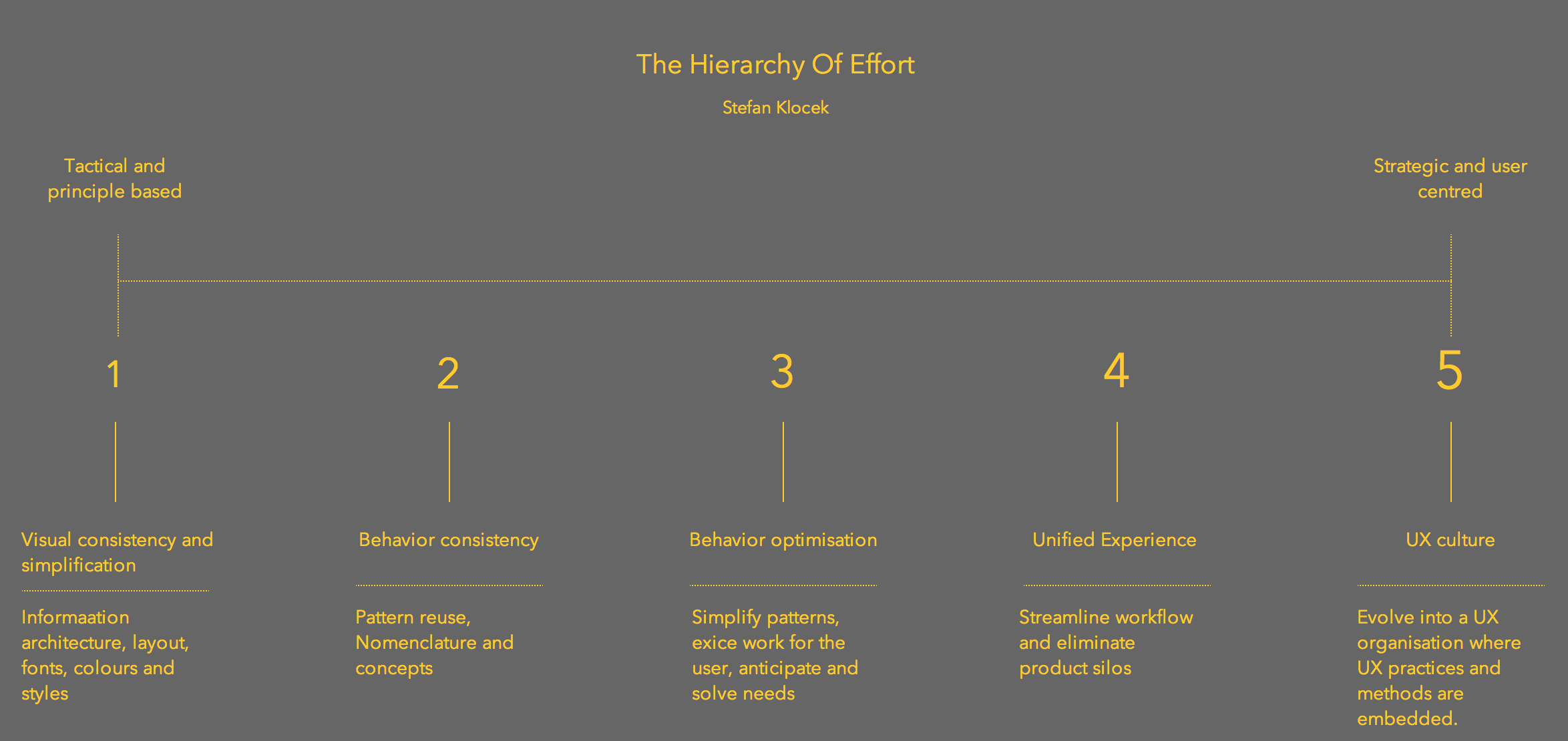I have been doing research on how software development organisations adapt UX practices as natural part of their processes and accept it in the whole organisation, what some researchers including me call it 'UX integration'. Although, I should mention that most researchers use 'UX integration' only by emphasising how UX practices are adapted in the software development processes and do not cover the organisational aspect of this adaption. Another term used for the same concept is 'institutionalising UX'.
In my view, some of the activities that a UX expert performs and some of his/her responsibilities directly relate to 'UX of the product' (e.g. suggesting design solutions, contextual inquiry). On the other hand, some of the activities and responsibilities relate to 'UX integration' and are independent from UX of the product (e.g getting management on board, holding course and training).
Since my background is research, I wanted to ask this question from the UX practitioners out there:
How do you consider such a categorisation in your tasks and responsibilities when entering in a new organisation as an internal role or a consultant?
Do you see any value in making such a separation? how?
I would also like to read up on this more if you have stumbled upon a similar topic both in research and academia.

